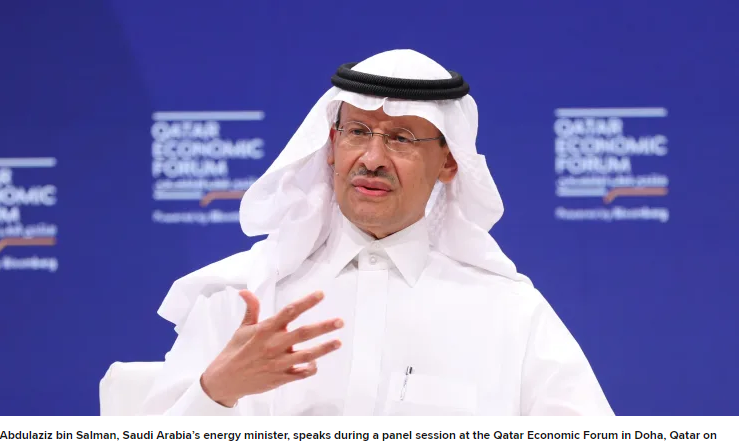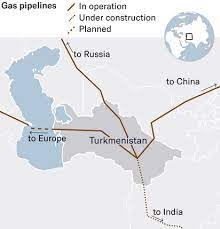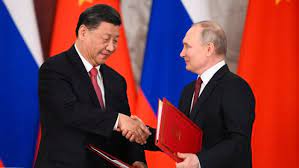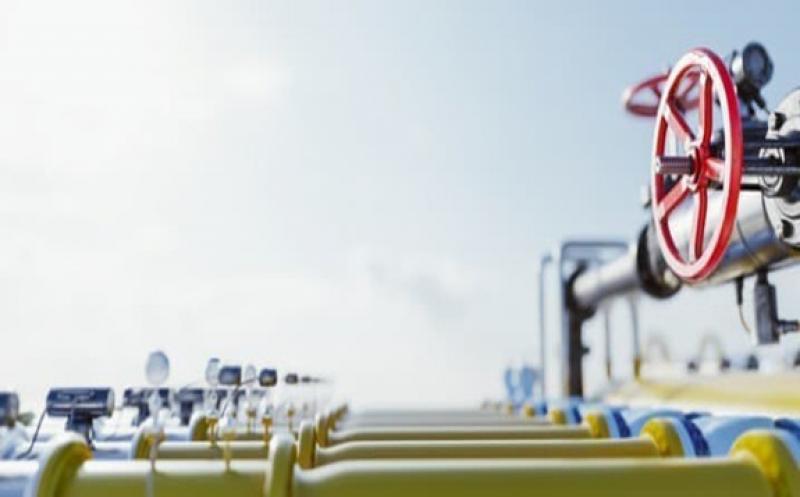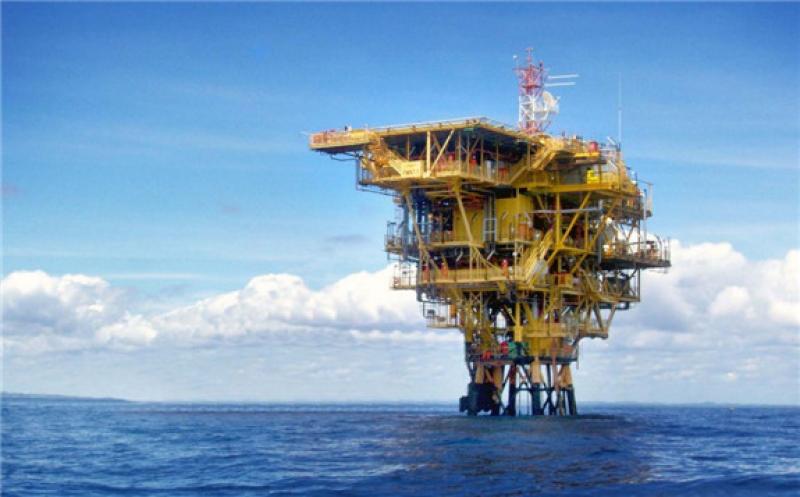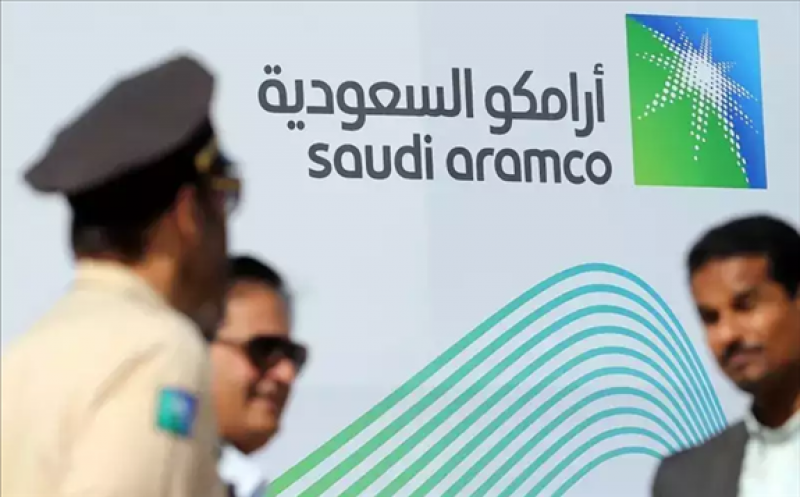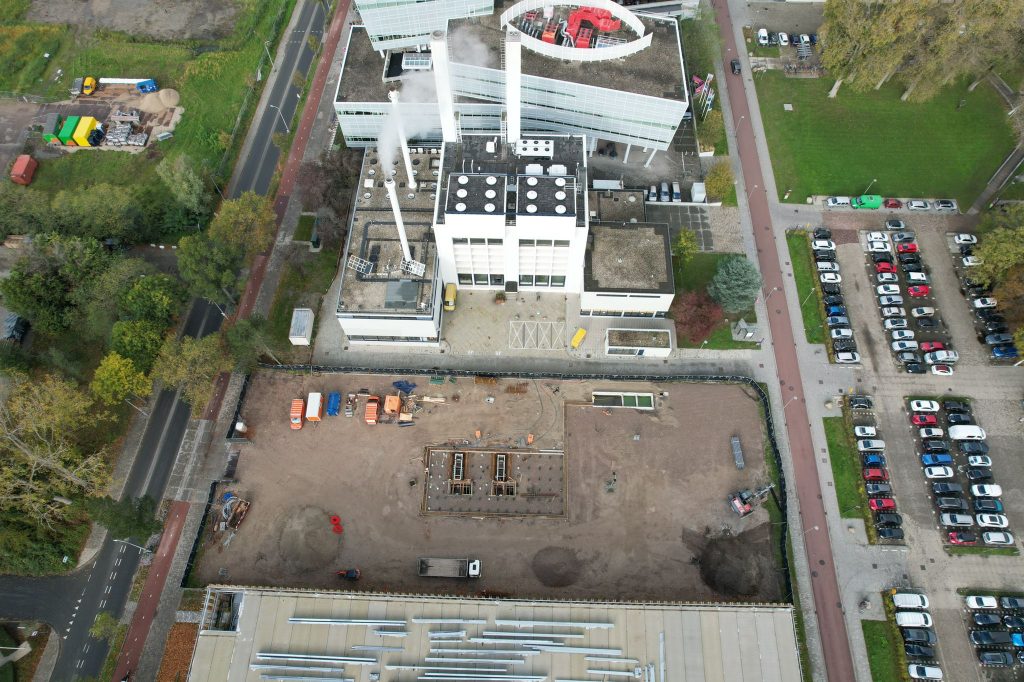 The Geothermie Delft project in the Delft University of Technology (TU Delft) in the Netherlands will be proceeding to the construction of the wells starting this summer. This follows up on the preliminary drilling that started in December 2022. With this development, TU Delft is one step closer to having a geothermal source for heating.
The Geothermie Delft project in the Delft University of Technology (TU Delft) in the Netherlands will be proceeding to the construction of the wells starting this summer. This follows up on the preliminary drilling that started in December 2022. With this development, TU Delft is one step closer to having a geothermal source for heating.The drilling operations were made possible by the decision of the consortium behind the project to provide the necessary follow-on investment. The consortium partners include Shell Geothermal, Energie Beheer Nederland (EBN), TU Delft, and Aardyn.
The geothermal source will also serve as a research facility, making TU Delft one of the largest international research facilities on geothermal energy in urban environments. One of the main goals for establishing the facility is to gather data to generate more accurate simulations, thus reducing the risk for geothermal projects.
The European Plate Observing System – EPOS Netherlands (EPOS-eNLarge) project is a large part of the monitoring infrastructure of the Delft subsurface urban energy lab. This research programme focuses on investigating physical processes occurring in the subsurface from the micro-scale to the kilometre scale. EPOS-eNLarge recently received EUR 17.9 million in funding from the Dutch Research Council (NWO) as part of the Large-scale Research Infrastructure Call.
Another research project that will run in conjunction with the geothermal source is Piloting Underground Seasonal Heat Storage in geothermal reservoirs (PUSH-IT). This project looks into the viability of underground heat storage, storing surplus heat in the ground during summer so that it can be used again in winter.
“With the construction of the geothermal source on campus as an addition to the Delft Subsurface Urban Energy Lab, several research projects are coming together that will provide the necessary knowledge needed to scale up geothermal technology in the urban environment,” said Phil Vardon, Professor of Energy Geomechanics and leader of geothermal research at TU Delft.
“With the research data from all the facilities of the Delft Subsurface Urban Energy Lab, we will gain better insight into more efficient use of geothermal energy, which could ultimately boost the number of geothermal projects in the Netherlands,” Vardon added.
